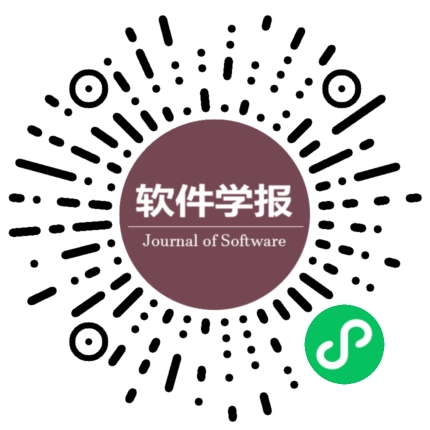Get Citation
张强锋,徐云,陈国良,车皓阳.三元家庭基因数据的单体分型和单体型频率估计.软件学报,2007,18(9):2090-2099
CopyShare

Article Metrics
- Abstract:
- PDF:
- HTML:
- Cited by:
History
- Received:December 21,2004
- Revised:March 31,2006
- Adopted:
- Online:
- Published:
You are the firstVisitors
Copyright: Institute of Software, Chinese Academy of Sciences Beijing ICP No. 05046678-4
Address:4# South Fourth Street, Zhong Guan Cun, Beijing 100190,Postal Code:100190
Phone:010-62562563 Fax:010-62562533 Email:jos@iscas.ac.cn
Technical Support:Beijing Qinyun Technology Development Co., Ltd.
Copyright: Institute of Software, Chinese Academy of Sciences Beijing ICP No. 05046678-4
Address:4# South Fourth Street, Zhong Guan Cun, Beijing 100190,Postal Code:100190
Phone:010-62562563 Fax:010-62562533 Email:jos@iscas.ac.cn
Technical Support:Beijing Qinyun Technology Development Co., Ltd.



